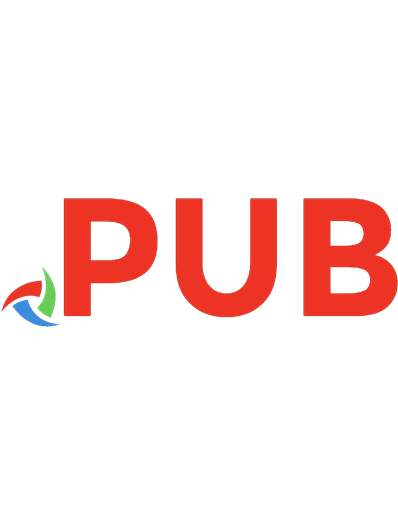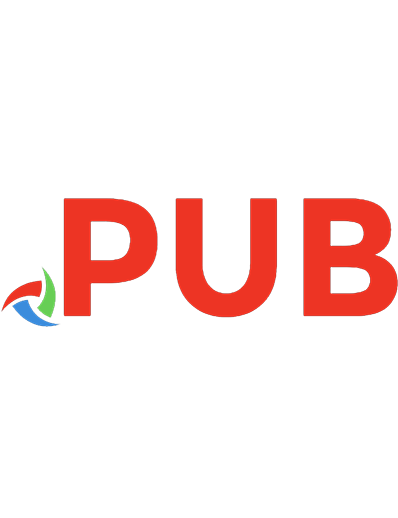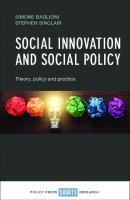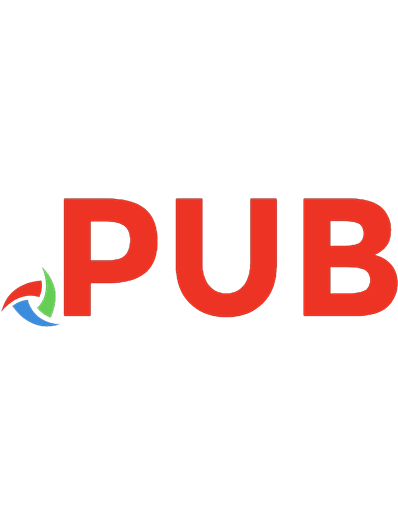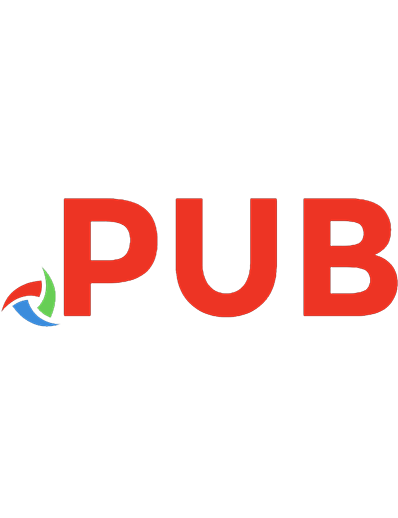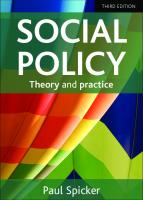Critique as Social Practice: Critical Theory and Social Self-Understanding 1786604647, 9781786604644
Can critical theory diagnose ideological delusion and false consciousness from above, or does it have to follow the prac
154 90 1MB
English Pages 238 Year 2018
Table of contents :
Critique as Social Practice
Contents
Preface
Acknowledgements
Introduction
1. Judgemental Dopes, Reflexive Agents and Social Scientists
2. Critical Theory and the Pragmatic Turn
3. The Philosophy of Social Science – Philosophy and Social Science
4. Three Models of Critique
Part I: ‘I See Something You Don’t See’: The Model of the Break
1. Sociology as a Science: Durkheim and His Legacy
1.1 Science versus Common Sense
1.2 The Epistemological Break
2. Pierre Bourdieu’s ‘Sociological Critique of Judgement’
2.1 The Gift Exchange and Its Consequences
2.2 The Economy of Practices
3. ‘For They Don’t Know What They’re Doing’: Habitus, Reflexivity and Critical Social Science
3.1 Structure + Habitus = Practice?
3.2 Social Science as Critique
4. Four Objections to the Model of the Break
4.1 The Normative Objection
4.2 The Political-Strategical Objection
4.3 The Methodological Objection
4.3.1 Excursus: Participant Observation and Representation in Ethnology
4.4 The Empirical Objection
5. Summary and Preview
Part II: ‘Follow the Agents’: The Model of Symmetry
1. What Is Ethnomethodology?
2. Reflexivity in Everyday Practice
2.1 Forms of Reflexivity
2.2 Pros and Laypeople
2.3 The Tension between Everyday Practice and Reflection
2.4 So What?
3. ‘What People Are Capable Of’: Practices of Justification and Critique
3.1 From Critical Sociology to a Sociology of Critique
3.2 Elements of a Sociology of Critique and Justification
3.3 Two Forms of Critique
4. Summary and Preview
Part III: Critical Theory as Reconstructive Critique
1. Internal or External Critique?
2. Second-Order ‘Pathologies’ as Structural Reflexivity Deficits
3. Social Conditions of Critique: Critical Theory as Meta-Critique
3.1 On the Psychogenesis and Sociogenesis of Reflexive Capacities
3.2 Second-Order ‘Pathologies’: Three Cases
3.2.1 Double-Consciousness: W. E. B. Du Bois on Life ‘behind the Veil’
3.2.2 Invisibility: Ralph Waldo Ellison on the Struggle against Not Being Recognised
3.2.3 The Psychopathology of Labour: Christophe Dejours on the Banalisation of Social Suffering
3.3 Critical Theory as Meta-Critique
4. Critical Theory as Reconstructive Critique and Self-Reflection (I)
4.1 Critical Theory as Reconstructive Critique
4.2 Three Conceptions of Reconstruction
5. Psychoanalysis as a Model?
5.1 Habermas: Knowledge and Human Interests Revisited
5.2 Psychoanalysis, Self-Reflection and Critique
5.2.1 Aims
5.2.2 Procedure and Method
5.2.3 Is the Analogy between Psychoanalysis and Critical Theory Misleading?
6. Critical Theory as Reconstructive Critique and Self-Reflection (II)
6.1 Reflective Unacceptability and Cognitive Dissonance
6.2 Between Symmetry and Asymmetry
6.3 Critical Theory and the Tension between the Logics of Competence and Obstruction
6.4 Critical Theory as Social Practice
7. ‘System Justification’ and Reconstructive Critique
Conclusion
Bibliography
Index
About the Author


